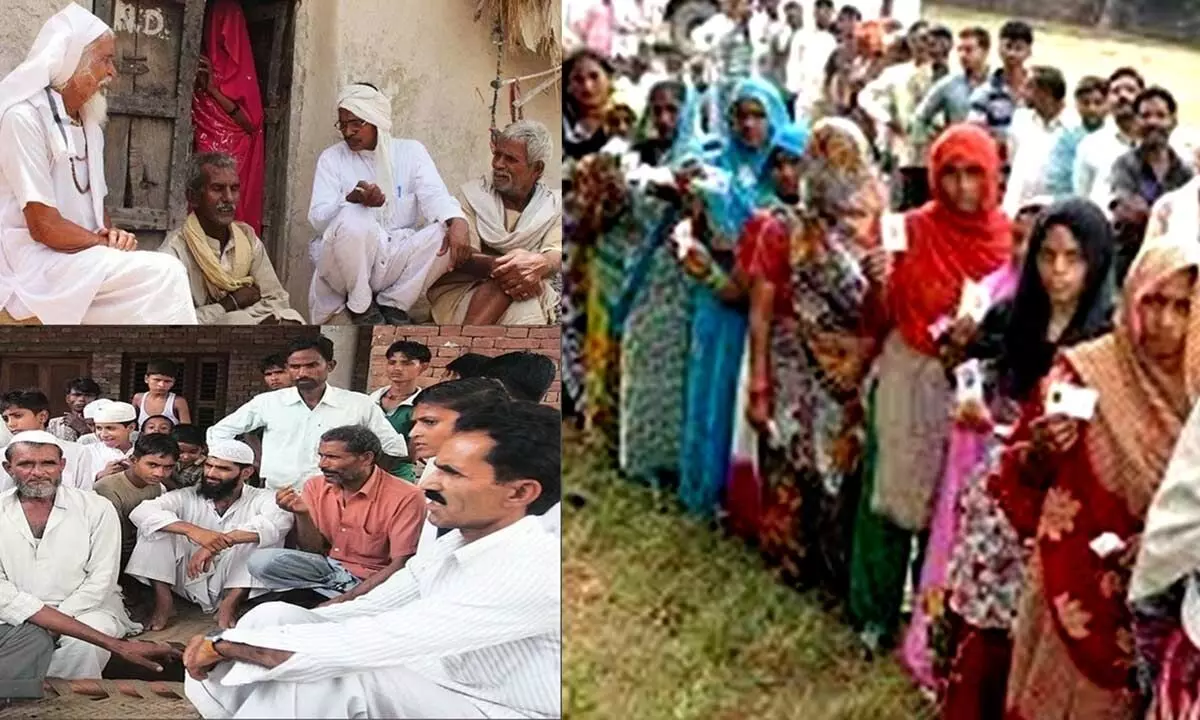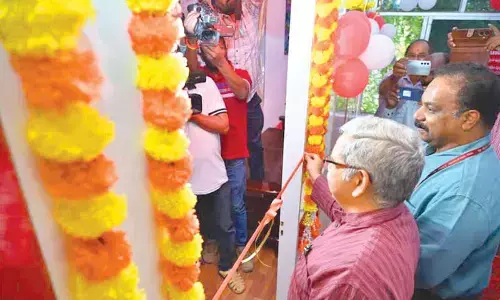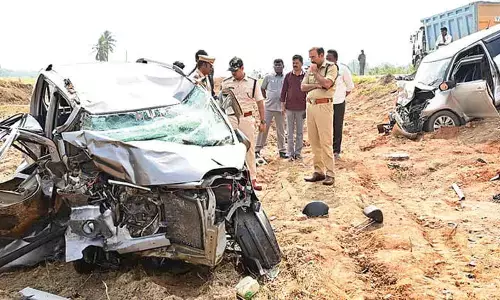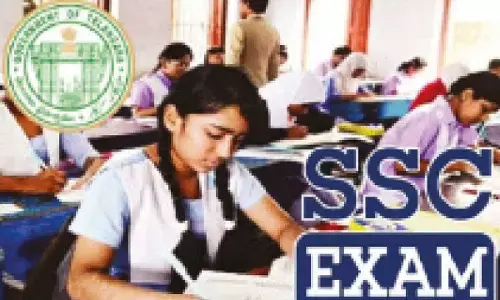Quota seats: UP men benefit more than voiceless women

The husbands of women who are elected as panchayat heads are known in Uttar Pradesh as ‘Pradhan Pati’ and many in the village are more familiar with the Pradhan Pati than the Pradhan herself
Lucknow: If there is one state where men have benefitted more than women because of reservation for women, it is Uttar Pradesh.
In Uttar Pradesh, out of the 9.1 lakh representatives, 3, 04,638 are women.
Yet the tangible and transformative contribution of grassroots women leaders remains sidelined, in favour of stories around failure and co-option.
The story of a man who broke his vow of celibacy in 2021 to marry and make his wife contest in the panchayat election after the seat was reserved for women, showcases the intense desire of men to retain their hold on seats reserved for women.
The husbands of women who are elected as panchayat heads are known in Uttar Pradesh as ‘Pradhan Pati’ and many in the village are more familiar with the Pradhan Pati than the Pradhan herself.
A woman Pradhan head from central Uttar Pradesh who spoke on condition of anonymity, said, “I do not know anything about the work allotted to me and it is my husband who does all the work. My job is only to put my signature wherever my husband says.”
Asked whether she did not feel deprived of her authority in this situation, she said, “I do not know how the administration works and I do not want to land into any controversy or trouble. So, it is better that my husband takes care of everything.”
During her election, the photograph of her husband was placed as prominently as hers on the hoardings and he would address the election meetings.
“That is because no one knows me but everyone knows him and we got votes because of his name,” she confesses.
Social activists, meanwhile, feel that women in panchayats can make a difference if they assert themselves.
“Women leading a panchayat can really turn around the situation of a village. Women in panchayats add a humaneness to a governing body and stay more focused on social and human development issues rather than material transformations,” says Chandra Shekhar Pran, Founder, Teesri Sarkar, a public campaign for the institutional development of panchayats.
Pankunwar is a living example of it. She was an elected panch of Mamna village panchayat in Kabrai block, Mahoba district, Uttar Pradesh, for two consecutive terms from 2011 to 2021.
She has been constantly encouraging other women panchayat members to raise issues at the panchayat meetings regarding access to water and girls’ education. Pankunwar raised the issue of roads in panchayat meetings and now the village has an unkempt but pucca road. “I used to tell other members that unless they raised issues around water and education, how would they get solved,” she said.
Mamna village lies in Bundelkhand region of Uttar Pradesh, which is notorious for recurring droughts. Under the Jal Jeevan Mission of the Central government, the village has got water pipelines laid but no taps installed.
Namrata (name changed on request), on the other hand, is a young business graduate who opted out of a ‘safe and lucrative career’ to pursue politics.
She contested the panchayat polls and won but the past two years have left her completely disillusioned.
“I thought I was educated and could make a difference but it seems that the entire local administration is ranged against me. I can feel a sense of hostility in the meetings where the officials try to create obstacles and I often get isolated. The system is apparently too strong for an individual to make a difference,” says Namrata, who defeated a BJP candidate.
A retired official of the panchayati raj department in the state, said that 33 per cent reservation – or more— for women would not make much of a difference unless actual power is ensured in the hands of women.
“Women empowerment will be possible only when women start taking the authority into their hands and the government and husbands stop indulging in back seat driving,” he said.
The official who did not wish to be named, said that barely three or four per cent of the elected women in panchayats actually exercise their authority.












